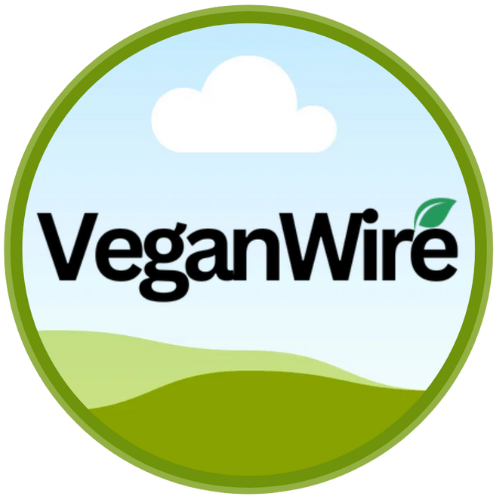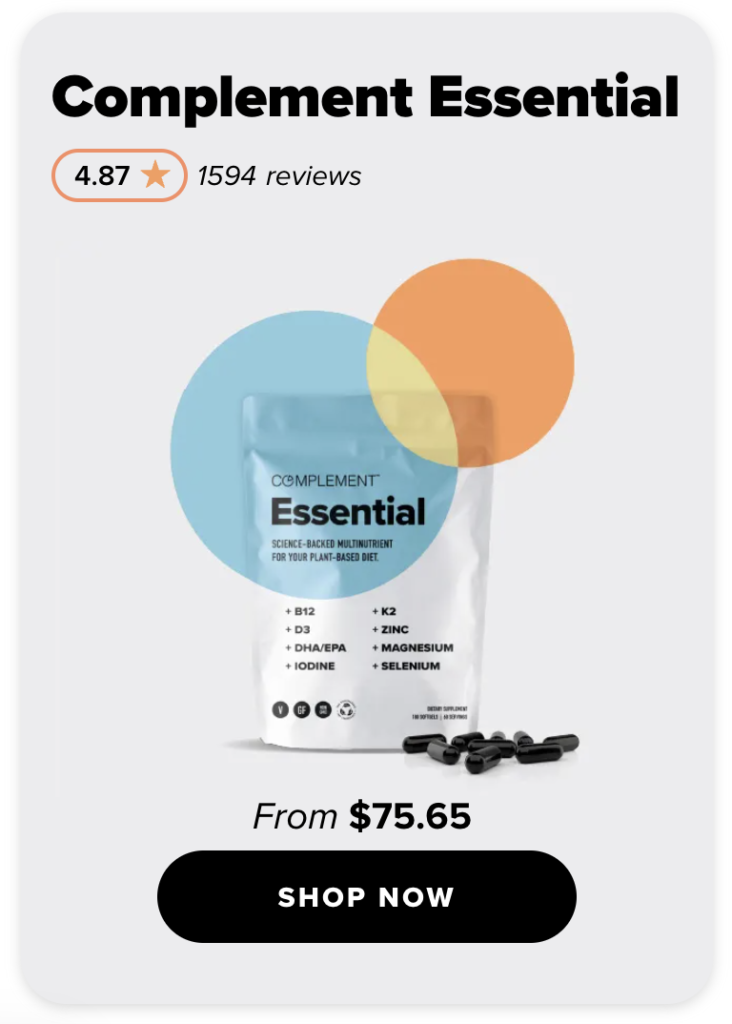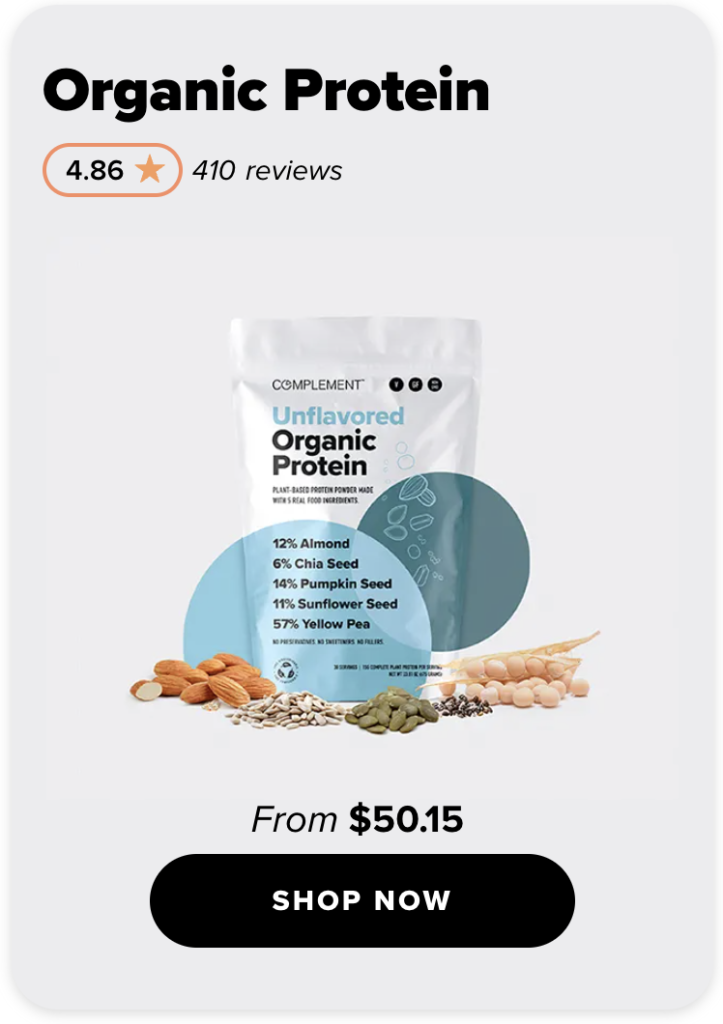Prostate cancer is the most common cancer among men in the United States, with an estimated 191,930 new cases diagnosed in 2021 (1). It is important for men to be proactive. Are there foods that fight prostate cancer? A growing body of research suggests that diet may play a role in the prevention of prostate cancer and that a vegan diet may be particularly beneficial.
A vegan diet is a plant-based diet that excludes all animal products, including meat, dairy, eggs, and honey. While there are many different types of vegan diets, they all center around plant-based foods such as fruits, vegetables, grains, legumes, nuts, and seeds.
Here are the benefits of a vegan diet:
1. Reduces intake of animal protein
High intake of animal protein has been linked to an increased risk of prostate cancer (2). This may be due to the fact that animal protein promotes the production of insulin-like growth factor 1 (IGF-1), a hormone that plays a role in the development and progression of prostate cancer (3). By eliminating animal protein from their diet, vegans may be able to reduce their risk of prostate cancer.
2. Increases intake of plant-based protein
While a reduction in animal protein may be beneficial for prostate cancer prevention, it’s important to ensure that protein needs are still being met. Plant-based protein sources, such as beans, lentils, and nuts, can provide all the essential amino acids the body needs without the potential drawbacks of animal protein. A study of more than 26,000 men found that those who ate the most plant-based protein had a 35% lower risk of prostate cancer compared to those who ate the least (4).
3. Increases intake of antioxidant-rich foods
Plant-based diets are typically high in antioxidants, which are compounds that protect cells from damage caused by free radicals. Free radicals are unstable molecules that can damage DNA and contribute to the development of cancer (5). By eating a diet rich in fruits and vegetables, vegans can increase their intake of antioxidants and potentially reduce their risk of prostate cancer.
4. Decreases intake of processed foods
Processed foods, such as those that are high in added sugars and unhealthy fats, have been linked to an increased risk of prostate cancer (6). A vegan diet, which is naturally low in processed foods, may help to reduce this risk.
5. Increases intake of fiber
High intake of fiber has been associated with a reduced risk of prostate cancer (7). Vegan diets are typically high in fiber, as they are rich in fruits, vegetables, and whole grains, all of which are excellent sources of fiber.
Foods that potentially fight prostate cancer
1. Cruciferous vegetables
Cruciferous vegetables, such as broccoli, cauliflower, and Brussels sprouts, contain sulforaphane, a compound that has been shown to have anti-cancer properties (8).
2. Tomatoes
Tomatoes are a rich source of lycopene, an antioxidant that has been linked to a reduced risk of prostate cancer (9).
3. Berries
Berries, such as strawberries, raspberries, and blueberries, are high in antioxidants and have been shown to have anti-cancer effects (10).
4. Nuts
Nuts, such as almonds and walnuts, are high in protein and healthy fats, and have been linked to a reduced risk of prostate cancer (11).
5. Legumes
Legumes, such as beans, lentils, and chickpeas, are high in protein and fiber, and have been shown to have anti-cancer properties (12).
6. Whole grains
Whole grains, such as oats, quinoa, and brown rice, are high in fiber and have been linked to a reduced risk of prostate cancer (13).
Conclusion
So are there foods that fight prostate cancer? It appears that a vegan diet may be beneficial. While more research is needed in this area, incorporating a variety of plant-based foods into the diet may be a useful strategy for reducing the risk of prostate cancer.
References:
- American Cancer Society. (2021). Prostate Cancer Statistics. Retrieved from https://www.cancer.org/cancer/prostate-cancer/about/key-statistics.html
- Ganmaa, D., Li, X. M., Qin, L. Q., Wang, P., Hoshi, K., & Sato, A. (2002). Incidence and mortality of testicular and prostatic cancers in relation to world dietary practices. International Journal of Cancer, 98(2), 262-267.
- Chan, J. M., Stampfer, M. J., Ma, J., Gann, P. H., Gaziano, J. M., & Giovannucci, E. L. (1998). Plasma insulin-like growth factor-1 and prostate cancer risk: a prospective study. Science, 279(5350), 563-566.
- Song, M., Fung, T. T., Hu, F. B., Willett, W. C., Longo, V. D., & Chan, A. T. (2015). Association of animal and plant protein intake with all-cause and cause-specific mortality. JAMA Internal Medicine, 175(2), 187-196.
- Vousden, K. H., & Lu, X. (2002). Live or let die: the cell’s response to p53. Nature Reviews Cancer, 2(7), 594-604.
- Chan, J. M., & Giovannucci, E. L. (2002). Dietary factors and risk of prostate cancer. The American Journal of Clinical Nutrition, 76(1), 5-6.
- Terry, P., Giovannucci, E., Michels, K. B., Bergkvist, L., Hansen, H., Holmberg, L., & Wolk, A. (2001). Fruit, vegetables, dietary fiber, and risk of colorectal cancer. The Journal of the American Medical Association, 285(3), 714-721.
- Zhang, Y., Talalay, P., Cho, C. G., Posner, G. H., & Kunkel, T. A. (1994). A major inducer of anticarcinogenic protective enzymes from broccoli: isolation and elucidation of structure. Proceedings of the National Academy of Sciences, 91(11), 3147-3150.
- Giovannucci, E., Ascherio, A., Rimm, E. B., Stampfer, M. J., Colditz, G. A., & Willett, W. C. (1995). Intake of carotenoids and retinol in relation to risk of prostate cancer. The Journal of the National Cancer Institute
- Some research for this article was compiled with the assistance of ChatGPT/OpenAI







